Ваш проводник в мире криптовалют
Хотите инвестировать в криптовалюту, но не знаете с чего начать?
Изучайте криптовалюты простыми словами.
 Must Read Daily Market Reports
Must Read Daily Market Reports
Must Read Daily Market Reports
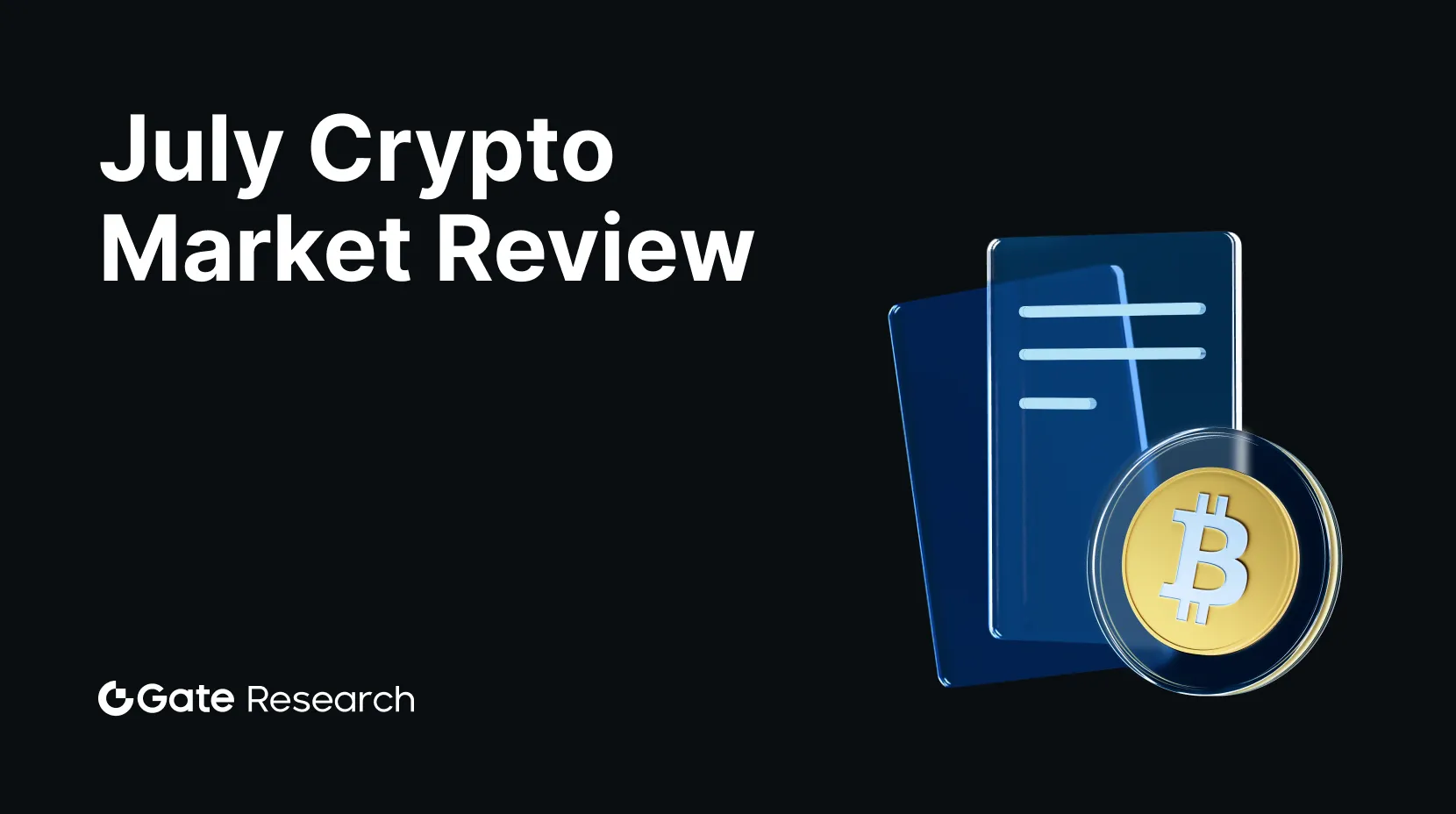 Gate Research: July Crypto Market Review
Gate Research: July Crypto Market Review
Gate Research: July Crypto Market Review
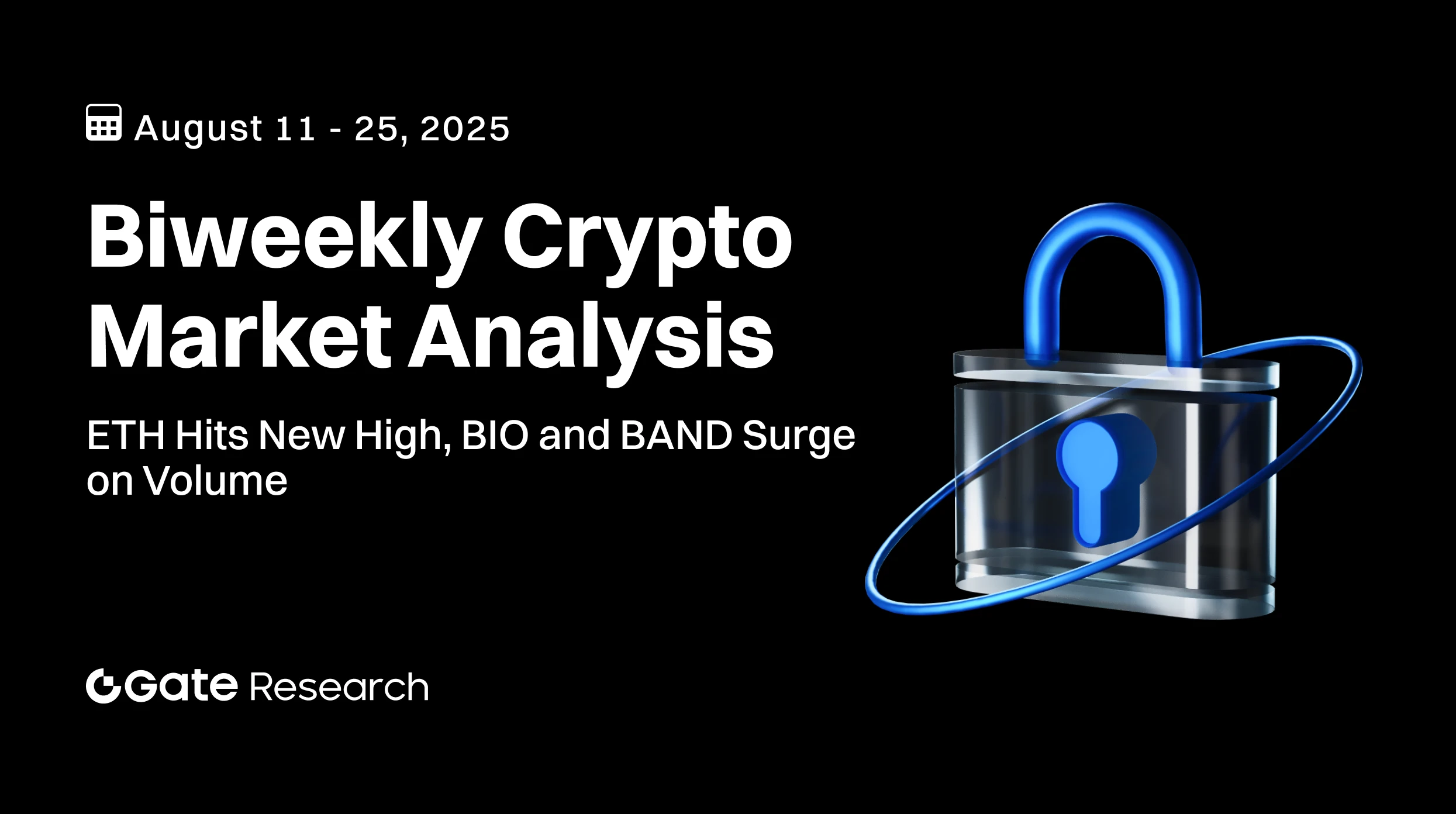 Gate Research: ETH Hits New High, BIO Surges on Volume as Small-Cap Rotations Intensify
Gate Research: ETH Hits New High, BIO Surges on Volume as Small-Cap Rotations Intensify
Gate Research: ETH Hits New High, BIO Surges on Volume as Small-Cap Rotations Intensify
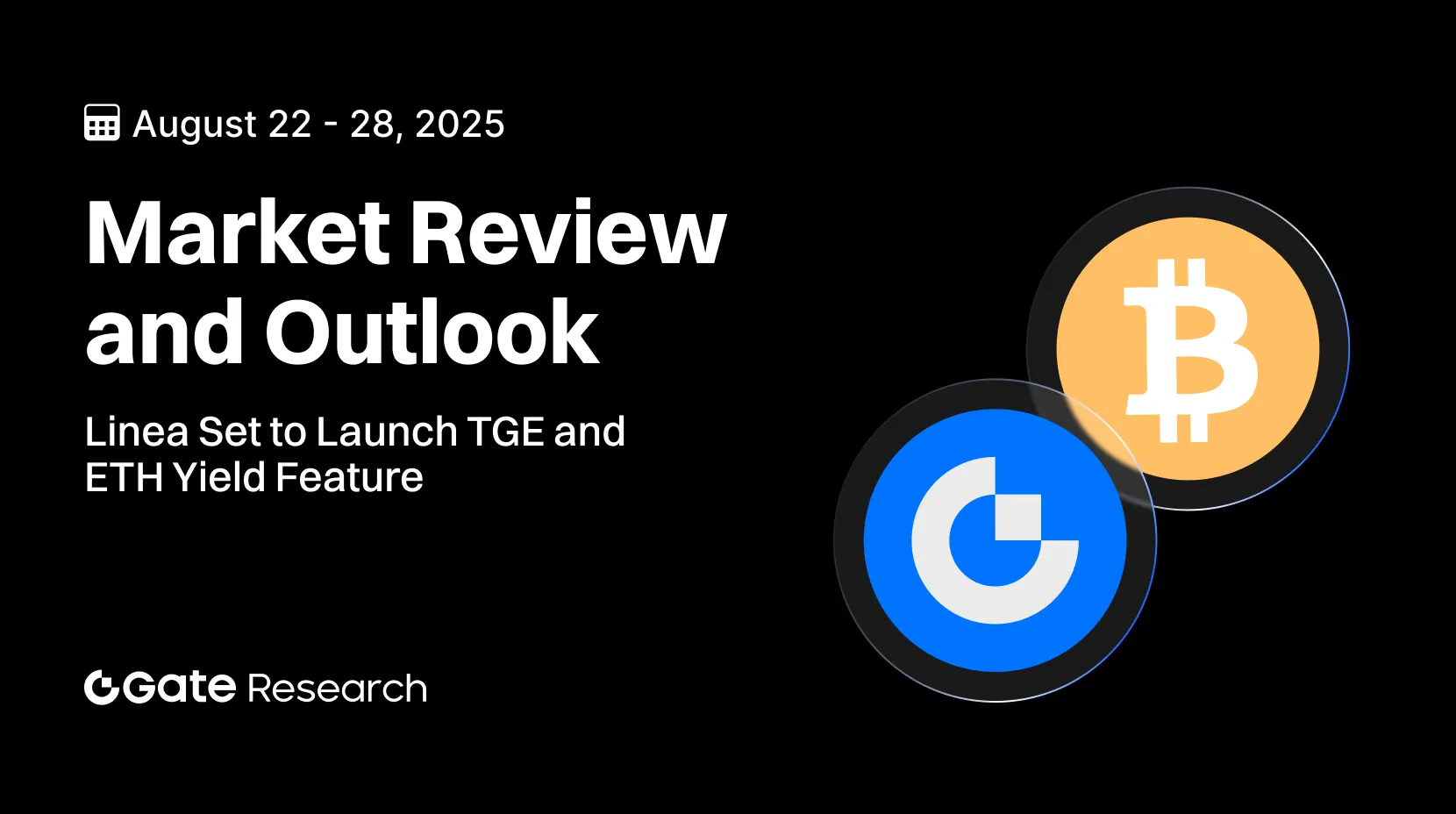 Gate Research: Linea Set to Launch TGE and ETH Yield Feature | Aave Labs Unveils New Horizon Platform
Gate Research: Linea Set to Launch TGE and ETH Yield Feature | Aave Labs Unveils New Horizon Platform
Gate Research: Linea Set to Launch TGE and ETH Yield Feature | Aave Labs Unveils New Horizon Platform
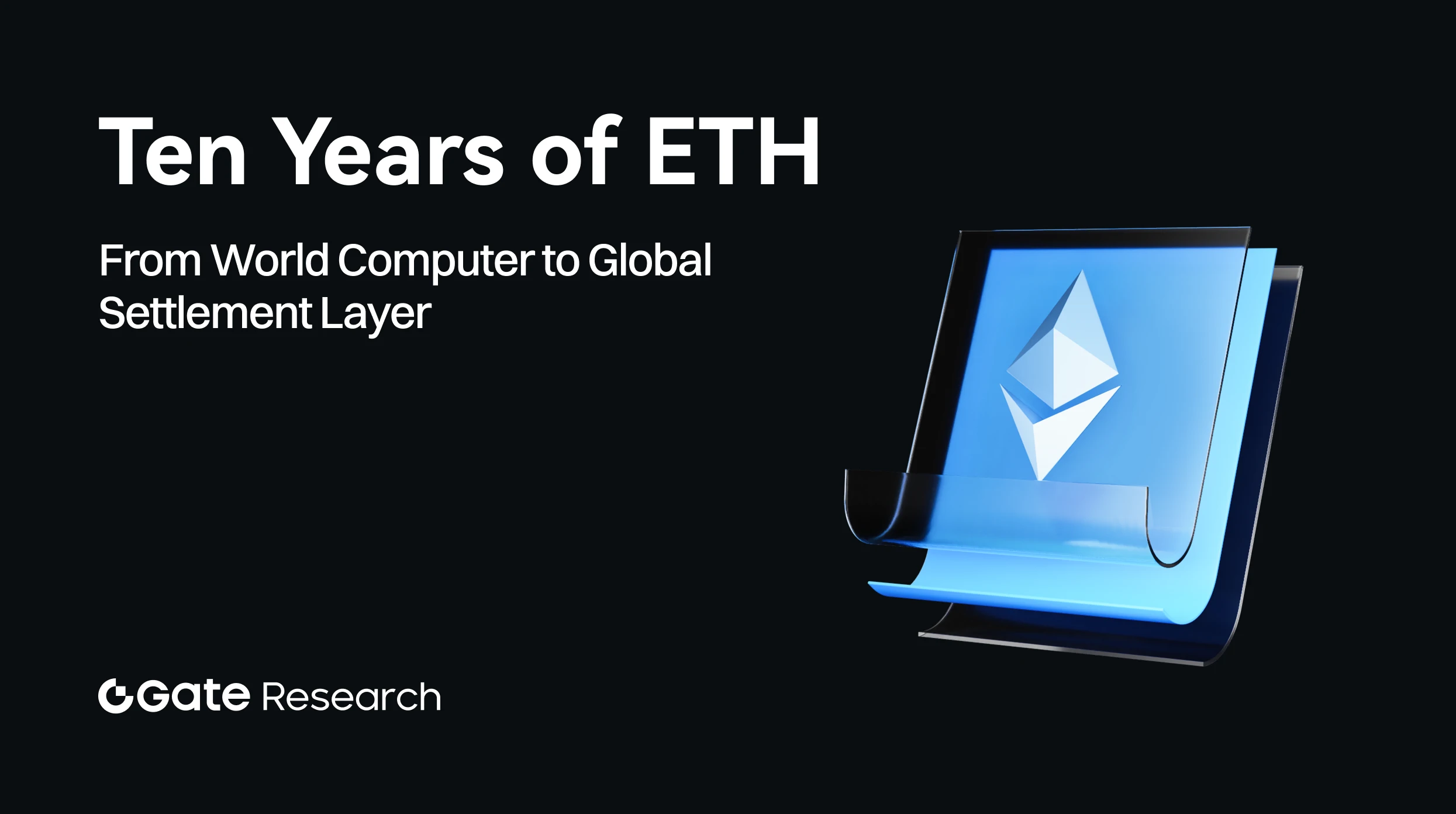 Gate Research: Ten Years of ETH: From World Computer to Global Settlement Layer
Gate Research: Ten Years of ETH: From World Computer to Global Settlement Layer
Gate Research: Ten Years of ETH: From World Computer to Global Settlement Layer
Рекомендуемые курсы
Подробнее
Новичок
Основы децентрализованной идентификации
Цифровая идентификация переживает революционную трансформацию. "Decentralized Identity Fundamentals" глубоко погружается в эту смену парадигмы, исследуя тонкости мира, в котором люди вновь обретают контроль над своими персональными данными. Готовы ли Вы ориентироваться в будущем управления идентификацией, где блокчейн встречается с конфиденциальностью, а безопасность переплетается с суверенитетом пользователя? Окунитесь в атмосферу и откройте для себя будущее цифровой идентификации!

Средний
Введение в IOTA
Этот курс подробно рассматривает IOTA, ведущую платформу в области технологии распределенного реестра (DLT), разработанную специально для интернета вещей (IoT). Благодаря своей уникальной не-блокчейн структуре, известной как Tangle, IOTA предлагает революционный подход к масштабируемости, бесплатным транзакциям и целостности данных, устанавливая новый стандарт для коммуникаций и транзакций IoT. Этот курс призван оснастить учащихся глубоким пониманием основополагающих принципов IOTA, его продвинутых возможностей и прикладных применений в реальном мире, предоставляя критический взгляд на будущее интеграции DLT и IoT.

Средний
Идентичность в криптовалюте: Основные проекты
Добро пожаловать на исчерпывающий курс по "Идентификация в криптовалюте: Основные проекты." В этом передовом курсе мы отправимся в путешествие, чтобы исследовать увлекательную сферу Identity Tokens в криптовалютной экосистеме. По мере того, как мир осваивает технологию блокчейн и децентрализованные приложения, важность безопасных и верифицируемых решений для идентификации становится первостепенной. Этот курс даст Вам глубокие знания об идентификационных токенах, их значении в экосистеме Web3 и их потенциале для революционной проверки личности, конфиденциальности и доверия. Присоединяйтесь к нам в этом познавательном исследовании и вооружитесь опытом, который поможет Вам ориентироваться в динамичном ландшафте децентрализованной идентификации в цифровую эпоху.
Темы
Темы
Альткоины
Биткоин
Блокчейн
DeFi
Ethereum
Метавселенная
NFT
Трейдинг
Учебное пособие
Фьючерсы
Торговые Боты
BRC-20
GameFi
DAO
Макротенденции
Кошельки
Inscription
Технология
Мем
ИИ
SocialFi
DePin
Стейблкоин
Ликвидный стейкинг
Финансы
RWA
Модульные блокчейны
Доказательство с нулевым разглашением
Рестейкинг
Криптоинструменты
Аирдроп
Продукты Gate
Безопасность
Анализ проектов
CryptoPulse
Research
Экосистема TON
Уровень 2
Solana
Платежи
Майнинг
Актуальные темы
P2P
Экосистема Sui
Абстракция блокчейна
Опцион
Быстрое чтение
Видео
Ежедневный отчет
Прогноз Рынка
Торговые боты
Отчет отрасли для VIP
ETF-токены с кредитным плечом
Главные новости
XRP
Сеть Pi
Сложность
Новичок
Средний
Продвинутый
Последние курсы
Подробнее
Новичок
Обзор рынков Blob Celestia и Rollkit
Celestia — это совершенно новый тип архитектуры блокчейна, основанный на модульном принципе. В отличие от традиционного подхода, когда блокчейн должен одновременно обеспечивать исполнение, расчёты, консенсус и обеспечение доступности данных в рамках единой системы, Celestia разделяет эти функции на отдельные специализированные слои. Благодаря этому разработчики могут создавать суверенные блокчейны, ориентированные на конкретные задачи, делегируя функции обеспечения доступности данных и консенсуса платформе Celestia, при этом полностью контролируя собственные исполнительные среды.

Средний
Введение в Ликвидность как Услугу (LaaS)
Многие DeFi проекты сталкиваются с общей проблемой: обеспечение надежной ликвидности без чрезмерных эмиссий токенов или сложного управления казной. Традиционные модели, такие как ликвидность майнинг, привлекают краткосрочных пользователей, в то время как ликвидность, принадлежащая протоколу, требует значительных ресурсов. Ликвидность как услуга (LaaS) предлагает решение. Она позволяет протоколам передавать управление ликвидностью специализированным платформам, снижая затраты, улучшая стабильность и поддерживая долгосрочный рост. Этот курс объясняет, как работает LaaS, почему он набирает популярность и что это значит для будущего инфраструктуры DeFi.

Средний
Введение в Axelar (AXL)
Этот курс предлагает всесторонний обзор сети Axelar и ее роли в обеспечении безопасной межсетевой связи. Участники узнают, как инфраструктура Axelar поддерживает совместимость между несколькими блокчейнами, изучат его основные технологии и поймут экономические и управленческие структуры, поддерживающие его дальнейшее развитие. Курс предназначен для тех, кто стремится к структурированному пониманию протоколов межсетевой связи и их применения в реальных сценариях.
Последняя статья
Подробнее
Средний
Bitlayer готовится к выпуску собственной монеты: станет ли это инструментом для быстрого получения выгоды или ознаменует новую эру BTCFi?
В этой статье вы найдете подробный анализ истории развития USD.AI, основных принципов его работы и ключевых механизмов, а также обзор конкурентных преимуществ и факторов риска этого проекта на рынке стейблкоинов.
8/29/2025, 10:43:24 AM
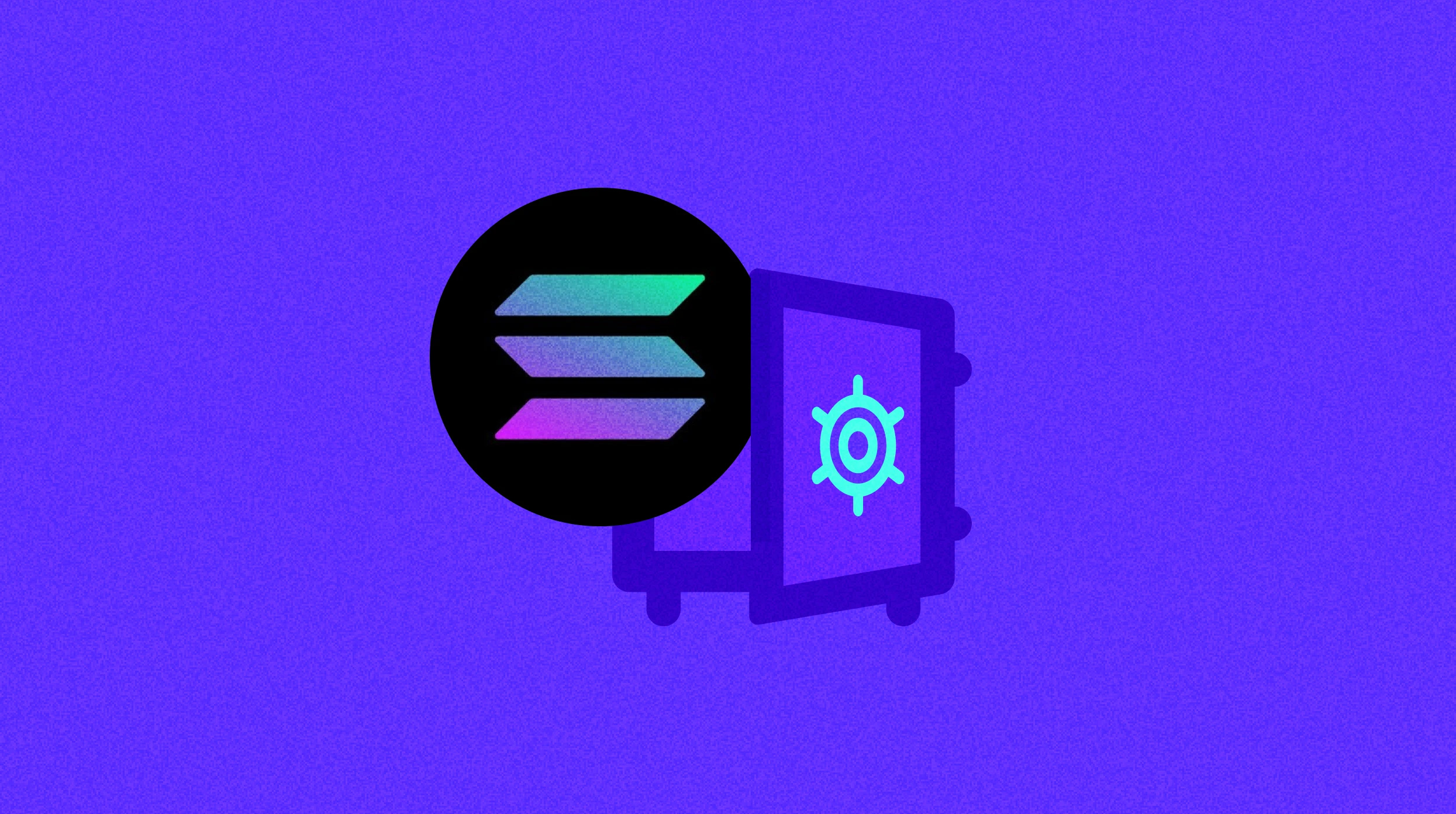
Средний
Тренд криптовых казначейств наконец-то достиг Solana
В данной статье проводится анализ совместных инициатив компаний Galaxy Digital, Multicoin Capital и Jump Crypto. Кроме того, рассматриваются независимые стратегии Pantera Capital и поясняется, какое влияние данные инвестиции способны оказать на будущее развитие Solana.
8/29/2025, 10:35:05 AM

Средний
Что представляет собой Flipr — торговый робот, осуществляющий операции на основе прогнозирования?
В статье проводится всесторонний анализ того, каким образом Flipr формирует уникальный пользовательский опыт, сочетая предсказательные рынки с социальной платформой X. Кроме того, рассматриваются ключевые факторы, обеспечившие быстрый стократный рост рыночной капитализации этого проекта за короткий срок.
8/29/2025, 10:32:16 AM
Последнее Исследование
Подробнее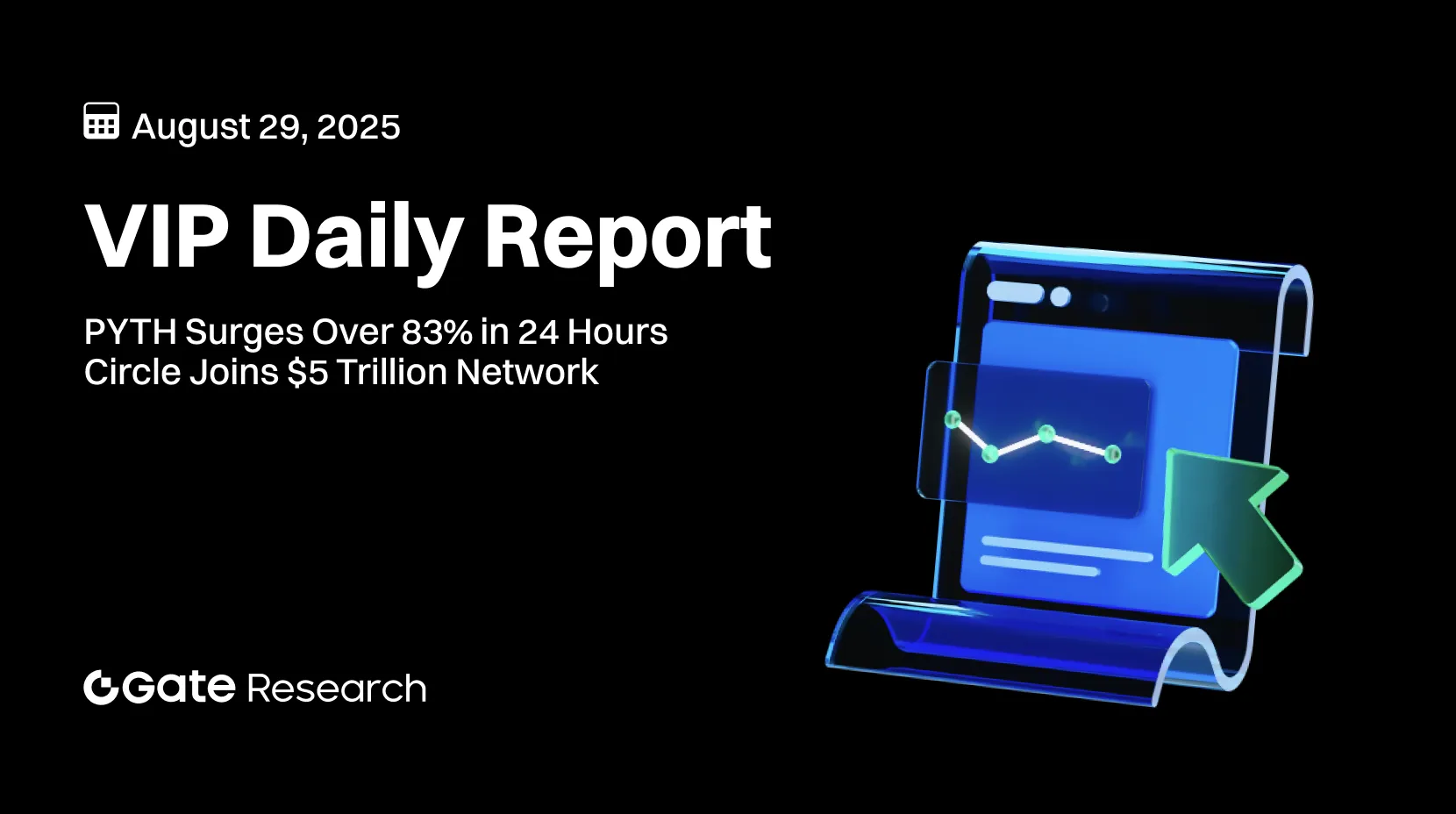
Продвинутый
 Gate Research: PYTH продемонстрировал рост более чем на 83% за последние 24 часа | Circle стала участником международной платежной сети с оборотом $5 трлн
Gate Research: PYTH продемонстрировал рост более чем на 83% за последние 24 часа | Circle стала участником международной платежной сети с оборотом $5 трлн
Ежедневный отчет Gate Research: 29 августа 2024 г. котировки BTC показали небольшой рост после периода снижения, ETH продемонстрировал волатильность за сутки. За этот же день токен PYTH подорожал более чем на 83%. Лондонская финтех-компания Finastra объявила о партнерстве с Circle. Это позволит интегрировать USDC в ее глобальную сеть трансграничных платежей с оборотом 50 трлн долларов. Рост затрат на майнинг биткоина приводит майнеров к диверсификации стратегий. Компания Luxxfolio планирует привлечь $73 млн для разработки стратегии управления резервами с упором на Litecoin.
8/29/2025, 8:06:59 AM

Продвинутый
Gate Research: Рост затрат на майнинг биткоина сохраняется | Launchpool запускает продажу токенов LIVE
Ежедневный отчет Gate Research: 29 августа 2024 г. цены на BTC незначительно восстановились после периода снижения, а ETH за сутки демонстрировал волатильную динамику. Токен PYTH за это же время вырос более чем на 83 %. Лондонская финтех-компания Finastra объявила о партнерстве с Circle для интеграции USDC в свою глобальную сеть трансграничных платежей объемом 50 трлн долларов США. В то же время рост затрат на майнинг биткоина заставляет майнеров искать диверсифицированные стратегии: Luxxfolio намерена привлечь 73 млн долларов США для реализации стратегии казначейства с фокусом на Litecoin.
8/29/2025, 7:50:10 AM
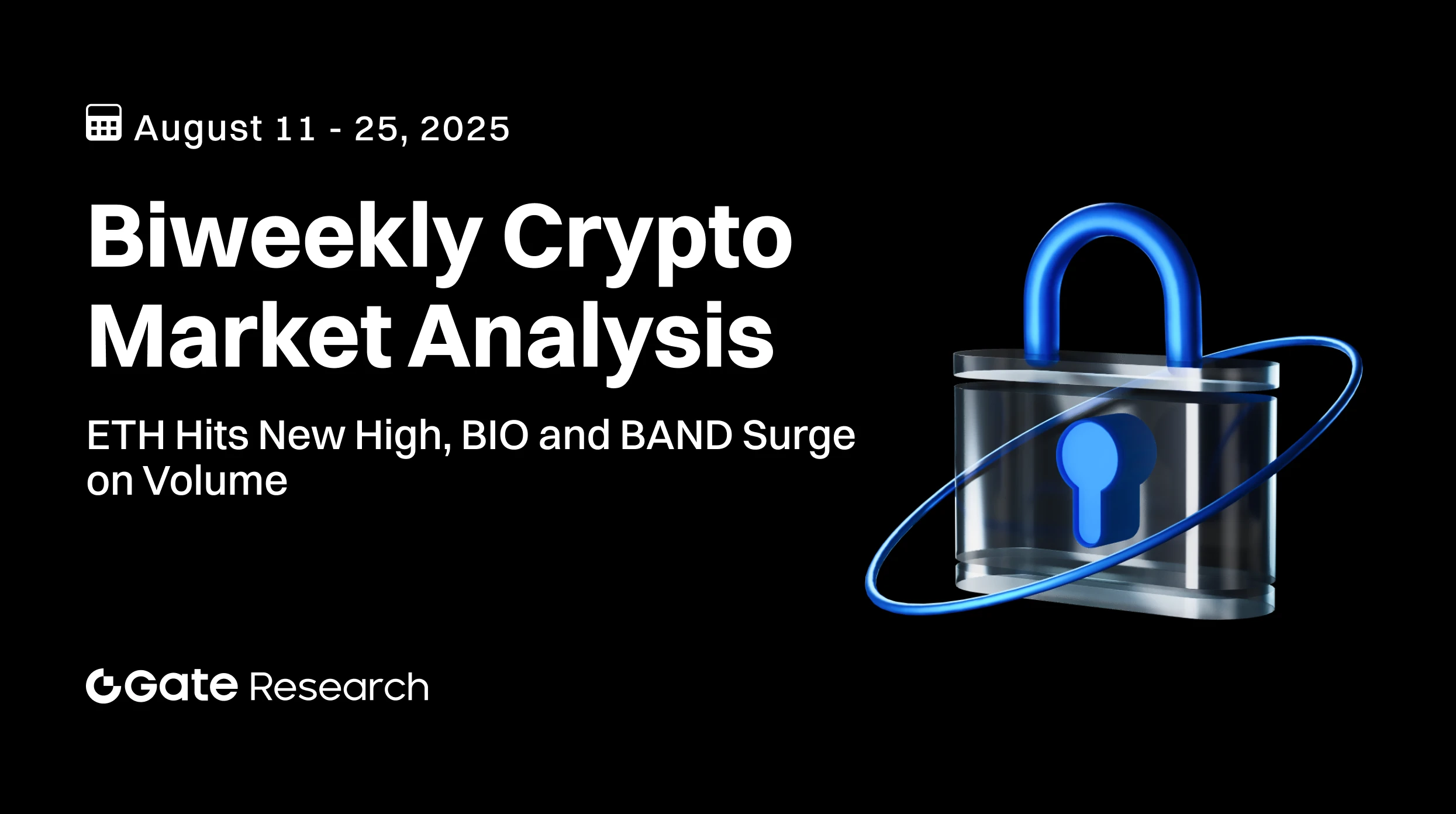
Продвинутый
Gate Research: ETH обновил исторический максимум, BIO резко вырос на объёмах на фоне активизации ротации средств в акции с малой капитализацией
Отчет Gate Research: в период с 12 по 25 августа 2025 г. ETH демонстрировал устойчивый восходящий тренд, преодолев уровень 4 900 USDT и установив новый исторический максимум. BIO продемонстрировал впечатляющий рост на 81,38 %, а объем торгов увеличился более чем в 9 раз, что позволило ему выйти в лидеры среди проектов с выраженной корреляцией между ценой и объёмом за этот период. API3 также вырос на фоне увеличения объема торгов. За отчетный этап его рост составил 77,09 %. Кроме того, в последнее время проекты Edgen, Symbiotic, Pharos и Cerebro запустили активности для аирдропа. В статье приводятся рекомендации по участию, которые помогут пользователям получить прибыль на отскоке и оценить новые перспективы.
8/29/2025, 5:37:56 AM
Глоссарий
Подробнееapr
Annual Percentage Rate (APR) is an annualized percentage rate that represents investment returns or borrowing costs, calculated using simple interest without accounting for compounding effects. In cryptocurrency, APR is commonly used to measure annualized yields from staking, lending, and liquidity provision activities, helping users evaluate and compare investment benefits across different DeFi protocols.
fomo
Fear of Missing Out (FOMO) refers to the anxiety investors feel about potentially missing profitable opportunities, which drives them to make irrational investment decisions. In cryptocurrency trading, FOMO typically manifests as investors blindly buying assets after prices have already significantly increased, hoping to share in the market's upward momentum.
nft
NFT (Non-Fungible Token) is a unique digital asset based on blockchain technology, characterized by its indivisible and irreplaceable nature, with each NFT possessing a unique identification code and metadata. They are typically created following standards like Ethereum's ERC-721 or ERC-1155, capable of definitively proving ownership, authenticity, and scarcity of digital content.
leverage
Leverage refers to the practice where traders borrow funds to increase the size of their trading positions, controlling assets of greater value with smaller capital. In cryptocurrency trading, leverage is typically expressed as a ratio (such as 3x, 5x, 20x, etc.), indicating the multiple of the original investment that a trader can control in assets. For example, using 10x leverage means an investor can control assets worth $10,000 with just $1,000.


Откройте мир криптовалют — подпишитесь на Gate, чтобы открыть новые перспективы
